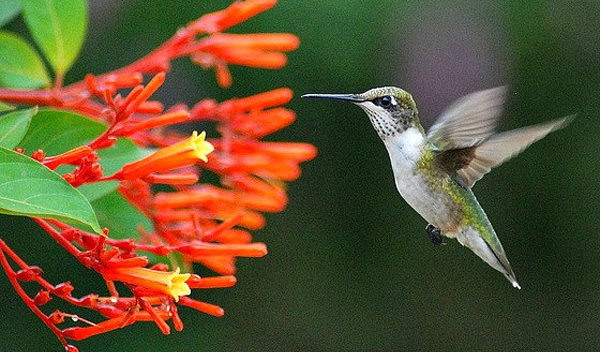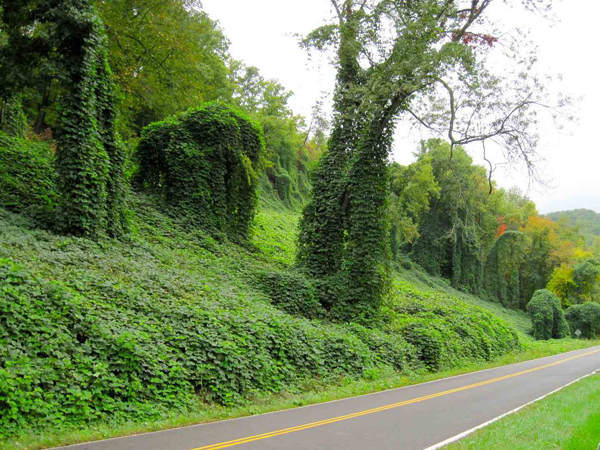
I always have something to do in the garden. The summer heat and humidity force me outside early in the day with my morning tea to inspect what needs the most help that day. The morning is actually the best time to water. Drip irrigation or watering at the roots is most effective and efficient. Try to avoid the oscillating sprinkler, as easy as it is to employ. Water left on the leaves will encourage mold and it is not efficient.
Would you believe that it is time to get the fall garden in? I admit to being a novice at fall gardens. I promise this year to be better at timing. Richard Lee, a Certified Master Gardener is giving a class on fall gardens at the UT Extension Farmers Market at 9 a.m. on July 3. Come join me and we can try this opportunity together. I am getting pumpkin seeds in and thought I would throw a few corn in as well for the ambiance of October. My purpose in wanting to attend the class is to get productive vegetables in at the right time. Then, on July 6, Reggie Reeves is offering an organic gardening class.
As I have been out in the gardens and yard pulling unwanted plants, I am encountering more and more invading takeovers. Invasive plants are plants that were imported to this country for curiosity, control or production. The Victorians had a fascination with plants from Asia. The colonists brought over plants from Europe. As farms became bigger, solutions to control and environmental challenges included plants from abroad that were brought in with a purpose. Many of these imported plants have enjoyed the climate on this continent. Some have actually become naturalized, meaning they have established a place in the local ecosystem.

Unfortunately, most have not integrated and offer little or nothing to the native plants and animals. Instead, they take over—think kudzu—choking out native plants and putting local wildlife on a starvation diet. With the knowledge that we have now from the effects of imported plants, we can choose to eradicate wherever possible and support our corner of the world with an ecological balance for the native woodlands. It is a constant fight in my yard, as the non-natives pop up everywhere. There are extensive lists of invading species. Be suspect if the plant is taking over.
The wooded area is composed of seven layers of growth: the vine layer, the ground-cover layer, the root layer, the herbaceous layer, the shrubs, the understory trees and overstory trees. Mixed plantings are key to attracting wildlife. Vines can choke trees. Takeovers can occur on any level. Be observant and proactive.
When choosing plants, do your research. Extension agencies, their publications and reputable nurseries are your best resources. Remember that in selecting a plant for an area, consider the mature size of the plant. “Right plant, right place.”
Native vines that attract hummingbirds include American wisteria, Carolina jessamine, coral honeysuckle, purple passionflower and trumpet creeper. Trees and shrubs that attract hummingbirds are azaleas, both evergreen and deciduous, black locust, mountain laurel, red buckeye and tulip poplar. In researching native trees that are both disease and insect resistant, I have developed a good list of trees from several resources to consider planting on your property. If you have a wet spot, consider the native swamp white oak. Small and medium sized trees include the pawpaw, the serviceberry and the hop-hornbeam. There are so many more . . .
The Farmers’ Market located at the Lane Agri-Park Community Center, 315 John Rice Blvd. in Murfreesboro is held indoors and is open from 7 a.m. to noon on Tuesdays and Fridays. It is a producer-only market. Offered by UT Extension at 9 a.m. on both days of the market are free educational classes for the local gardener. Classes last about one hour and are given by professionals and Master Gardeners. A wide range of topics are offered. Many of the classes are recorded and can be viewed at the RC Farmers Market YouTube channel.
 Free Classes In July
Free Classes In July
July 3 – Fall Gardening
Learn about planning and planting a fall vegetable garden with Richard Lee, Certified Master Gardener.
July 6 – Organic Gardening
Learn the best practices for being a successful organic and sustainable gardener with Reggie Reeves, Certified Master Gardener.
July 10 – Giggles in the Garden
Linda Lindquist, Certified Master Gardener, presents a hands-on activity for gardening with youth.
July 13 – Flower and Garden Show
Learn from Extension Agent Carla Bush what the state and county fair judges are looking for in flowers, fruits, vegetables and canned goods.
July 17 – Ice Cream in a Bag*
Make ice cream in a bag. Extension Agent Barbara Davenport presents this class for youth.
July 20 – 4-H STEM*
Extension Agent Amy Willis leads fun and exciting hands-on activities to stimulate your brain (for ages 8 and up).
July 24 – Cooking with Kids*
Extension Agent Raquel Victor presents food demonstrations for youth, offering recipes and tips for selecting and preparing our local, fresh foods.
July 27 – Cooking with Kids*
Additional food demonstrations for youth, offering recipes and tips for selecting and preparing our local, fresh foods.
July 31 – Seasonal Eating
Extension Agent Carla Bush presents food demonstrations, offering recipes and tips for selecting and preparing our local, fresh foods.
Aug 3 – Backyard Chickens
An overview of owning backyard chickens with Extension Agent Kim Hall.
* For children, sign up day of class
More Classes at Lane Agri-Park:
Consider the Cover Crops – July 10, 3–5 p.m.
Come learn about the benefits of introducing cover crops in your garden. Cover crop benefits include a reduction of soil erosion and water runoff, weed suppression, insect pest suppression, disease suppression and an increase in soil microbial populations. For more information, contact Heather Brunk at 615-893-9295 or Rachel Painter at 615-898-7710.
Take a Peek At Pond Life – July 20, 10 a.m.–noon
Use microscopes to see organisms that are present in our waterways. The types of animals and plants found in streams and ponds indicate the degree of water cleanliness or pollution. Presented by RC WET and MTSU Stormwater programs, Bonnie Ervin, Cynthia Allen and Rutherford County Master Gardeners. Rutherford County Environmental Coordinator Mimi Keisling will also share how litter hurts animals. Class will take place under the pavilion at the UT Extension campus, near the Community Center.













